Certified AI in Investment Banking and Asset Management Specialist
Length: 2 days

The “Certified AI in Investment Banking and Asset Management Specialist” certification course by Tonex is designed to provide finance professionals with an in-depth understanding of how artificial intelligence (AI) can revolutionize investment banking and asset management.
This course covers a comprehensive range of topics including AI for portfolio management, predictive analytics for market trends, AI in trading algorithms, risk management using AI, and the ethical considerations of AI in finance.
Participants will gain hands-on experience with AI tools and techniques, enabling them to apply AI-driven strategies to enhance financial decision-making and operational efficiency.
Learning Objectives:
- Understand the fundamental concepts and applications of AI in investment banking and asset management.
- Develop proficiency in utilizing AI tools for portfolio management and predictive analytics.
- Gain insights into the design and implementation of AI-driven trading algorithms.
- Learn to apply AI for robust risk management in financial services.
- Evaluate the ethical implications of AI in finance and develop strategies for responsible AI usage.
- Enhance strategic decision-making and operational efficiency using AI technologies.
Target Audience:
- Investment Bankers
- Asset Managers
- Financial Analysts
- Risk Managers
- Trading Professionals
- Financial Consultants
- Data Scientists and Analysts in Finance
- Finance Executives and Managers
Program Modules:
- AI for Portfolio Management
- Introduction to AI in Portfolio Management
- Machine Learning Models for Portfolio Optimization
- AI-driven Asset Allocation Strategies
- Sentiment Analysis for Investment Decisions
- Performance Metrics and Evaluation
- Case Studies: AI in Portfolio Management
- Predictive Analytics for Market Trends
- Fundamentals of Predictive Analytics in Finance
- Time Series Analysis and Forecasting
- Machine Learning Techniques for Market Prediction
- Data Mining and Pattern Recognition
- Integrating Economic Indicators with Predictive Models
- Case Studies: Predictive Analytics for Market Trends
- AI in Trading Algorithms
- Overview of AI in Trading
- Designing AI-based Trading Strategies
- High-Frequency Trading and AI
- Neural Networks and Deep Learning in Trading
- Algorithmic Trading Systems and Platforms
- Case Studies: AI-driven Trading Algorithms
- Risk Management using AI
- Introduction to Risk Management in Finance
- AI Techniques for Risk Assessment
- Predictive Models for Credit Risk and Market Risk
- Stress Testing and Scenario Analysis using AI
- Fraud Detection and Prevention with AI
- Case Studies: AI in Risk Management
- Ethical Considerations in AI for Finance
- Ethical Challenges in AI Implementation
- Data Privacy and Security in AI Systems
- Bias and Fairness in AI Models
- Regulatory and Compliance Issues
- Developing Ethical AI Policies and Frameworks
- Case Studies: Ethical AI in Finance
This certification course by Tonex ensures that participants are well-equipped with the knowledge and skills to leverage AI technologies in the finance sector, paving the way for innovative and efficient financial practices.
Exam and Certification Details
Exam Domains:
- Industry-Specific AI Applications: Understanding the unique applications and benefits of AI in the respective industry.
- AI Tools and Techniques: Knowledge of AI tools, techniques, and technologies used in the industry.
- Implementation Strategies: Skills in implementing AI solutions within industry-specific contexts.
- Regulatory and Ethical Considerations: Understanding the regulatory and ethical implications of AI in the industry.
- Case Studies and Best Practices: Analyzing real-world examples and best practices of AI implementation.
Question Types:
- Multiple Choice Questions (MCQs): Questions with four or more answer choices, where only one is correct.
- Multiple Select Questions: Questions with multiple correct answers out of a list of options.
- True/False Questions: Questions that require the candidate to determine if a statement is true or false.
- Scenario-Based Questions: Questions that present a hypothetical scenario and ask the candidate to apply their knowledge to solve a problem or make a decision.
- Drag-and-Drop Questions: Interactive questions where candidates drag and drop items to match, sort, or rank them correctly.
- Simulation Questions: Questions that require candidates to perform tasks or troubleshoot problems in a simulated environment.
Passing Criteria:
- Minimum Passing Score: Candidates must score at least 70% on the exam to pass.
- Sectional Cutoff: Candidates must achieve a minimum score of 60% in each exam domain to ensure a balanced understanding of all key areas.
- Time Limit: The exam must be completed within 3 hours. Candidates are encouraged to manage their time effectively across all sections.
